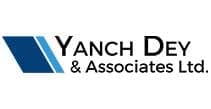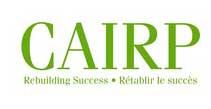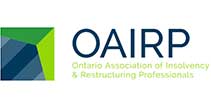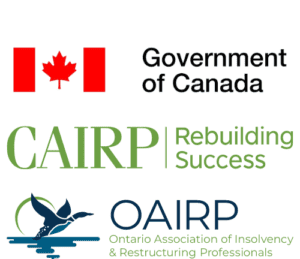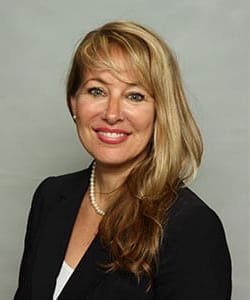As Licensed Insolvency Trustees, (formerly bankruptcy trustees) we help people with financial issues including filing for bankruptcy. We can explain to you about declaring bankruptcy, including the benefits, disadvantages and costs involved. We can tell you;
There is no charge to meet with a trustee to discuss bankruptcy including answering any questions you may have.
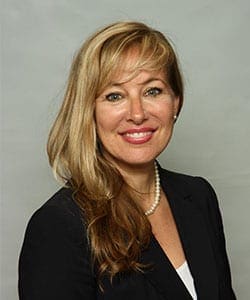
For all your financial issues, including bankruptcy, consumer proposals, or counselling, Kelly Dey is a Licensed Insolvency Trustee and has been practicing In the Toronto, Oshawa and Durham Region as a bankruptcy trustee for over 25 years.
Kelly began working in insolvency in 1987 for Irving A. Burton Limited and quickly worked her way up in the company.
In 1992 she received her bankruptcy trustees license, becoming the youngest person to obtain a bankruptcy trustee license at that time.
Upon Mr. Burton’s retirement Kelly started her own practice, Burton, Dey & Associates Bankruptcy Trustees in 2014, and merged with Jim Yanch in 2017 to form Yanch Dey & Associates Bankruptcy Trustees.
During her many years in insolvency and as a Bankruptcy Trustee Kelly has been acknowledged for her dedication and commitment to members of Employee and Family Assistance Programs including the Toronto Police Association (EFAP). She is a member of the Canadian Association of Insolvency and Restructuring Professionals and is currently sponsoring and mentoring individuals studying to obtain a Trustee license.
She has also been acknowledged for her dedication to the community outside of the insolvency industry, including the Whitby Girls Hockey Association.
 James Yanch (Jim) started working in the insolvency department at BDO Dunwoody (formerly Dunwoody Limited) in 1978 as a bankruptcy trustee.
James Yanch (Jim) started working in the insolvency department at BDO Dunwoody (formerly Dunwoody Limited) in 1978 as a bankruptcy trustee.
Jim received his Bachelor of Science degree from Trent University in 1972. Jim then completed post graduate studies at York University from 1973 to 1975.
Jim received his accounting degree (C.G.A.) in 1981 and his Insolvency Trustee Licence in 1983.
In 1992, Jim began his own business under the name James R. Yanch, Trustee in Bankruptcy helping people with bankruptcy and insolvency issues in Oshawa.
Jim has been actively involved in many organizations over the years including: Director and Secretary of Ontario Association of Insolvency and Restructuring Professionals, member and past president of Durham A.M. Kiwanis, Director and past president of Credit Counselling Services of Durham, Director of the Kiwanis Music Festival of Durham and Instructor for the Christopher Leadership Course
 Lorraine Smith has been a Licensed Insolvency Trustee Administrator and Certified Insolvency Counsellor for 17 years.
Lorraine Smith has been a Licensed Insolvency Trustee Administrator and Certified Insolvency Counsellor for 17 years.
Prior to working with Yanch, Dey & Associates Ltd., Lorraine spent 10 years working in the financial industry. Today, she works with bankruptcy and financial issues. Our clients describe Lorraine’s knowledge, experience, and understanding as being comforting during stressful times.



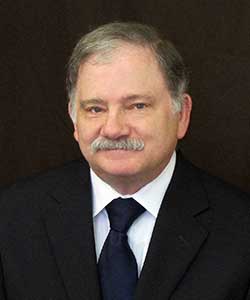 James Yanch (Jim) started working in the insolvency department at BDO Dunwoody (formerly Dunwoody Limited) in 1978 as a bankruptcy trustee.
James Yanch (Jim) started working in the insolvency department at BDO Dunwoody (formerly Dunwoody Limited) in 1978 as a bankruptcy trustee.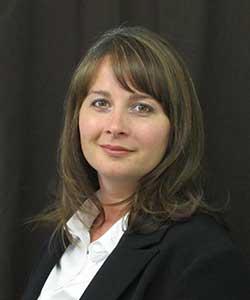 Brenda Owens graduated from the
Brenda Owens graduated from the 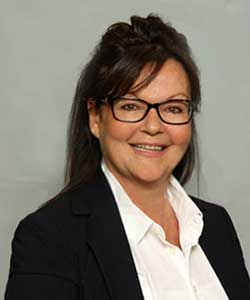 Lorraine Smith has been a Licensed Insolvency Trustee Administrator and Certified Insolvency Counsellor for 17 years.
Lorraine Smith has been a Licensed Insolvency Trustee Administrator and Certified Insolvency Counsellor for 17 years.